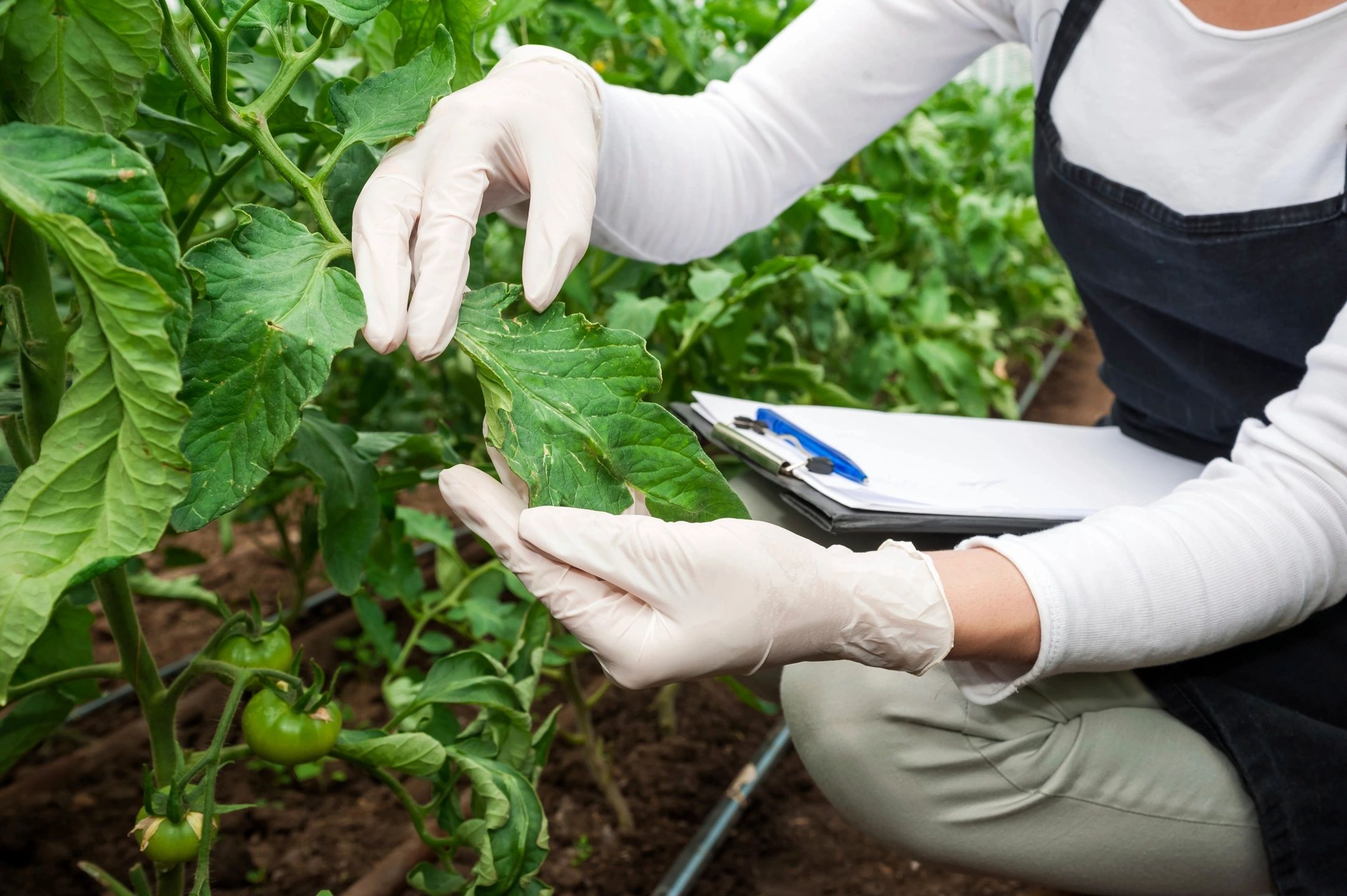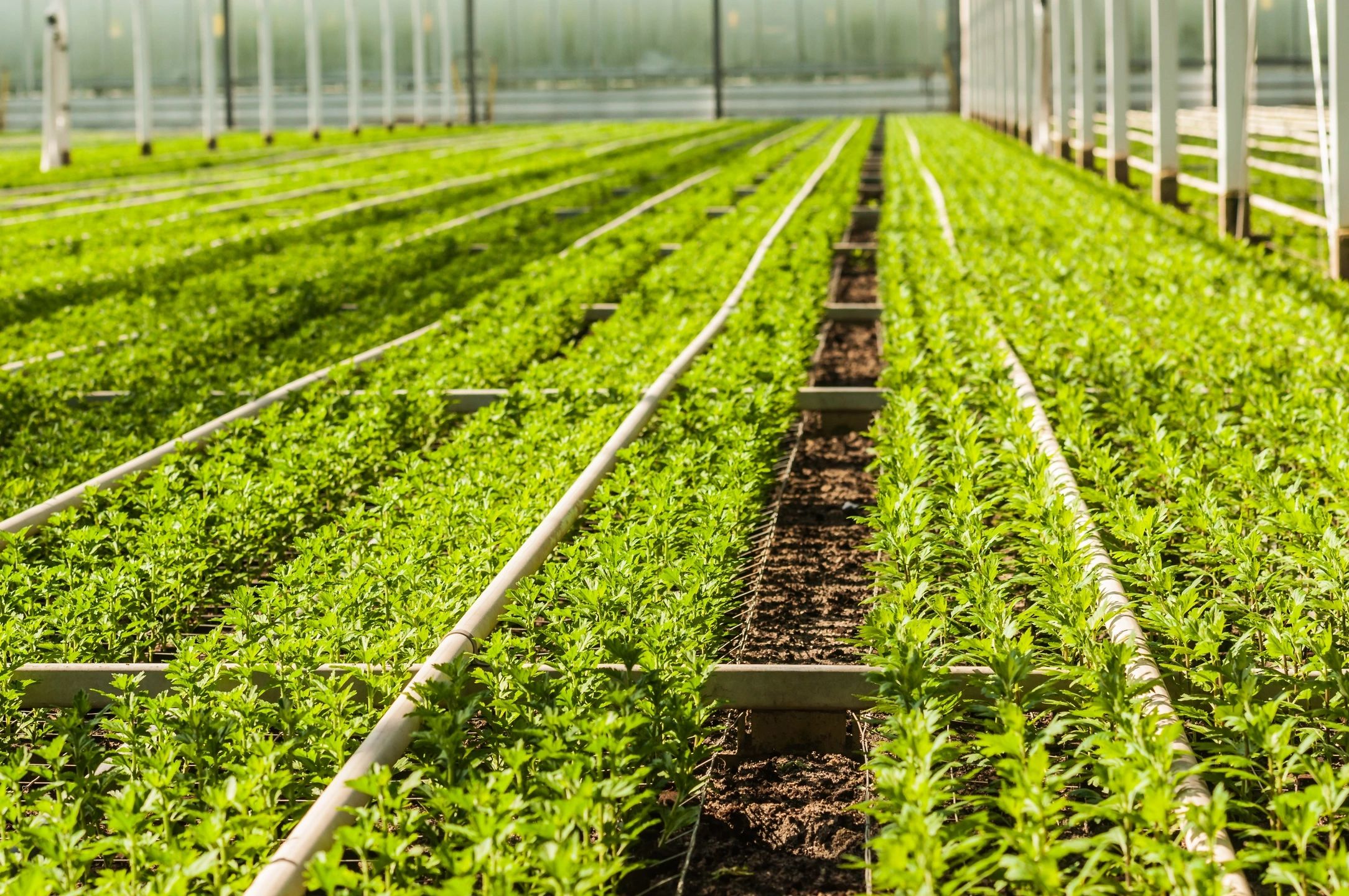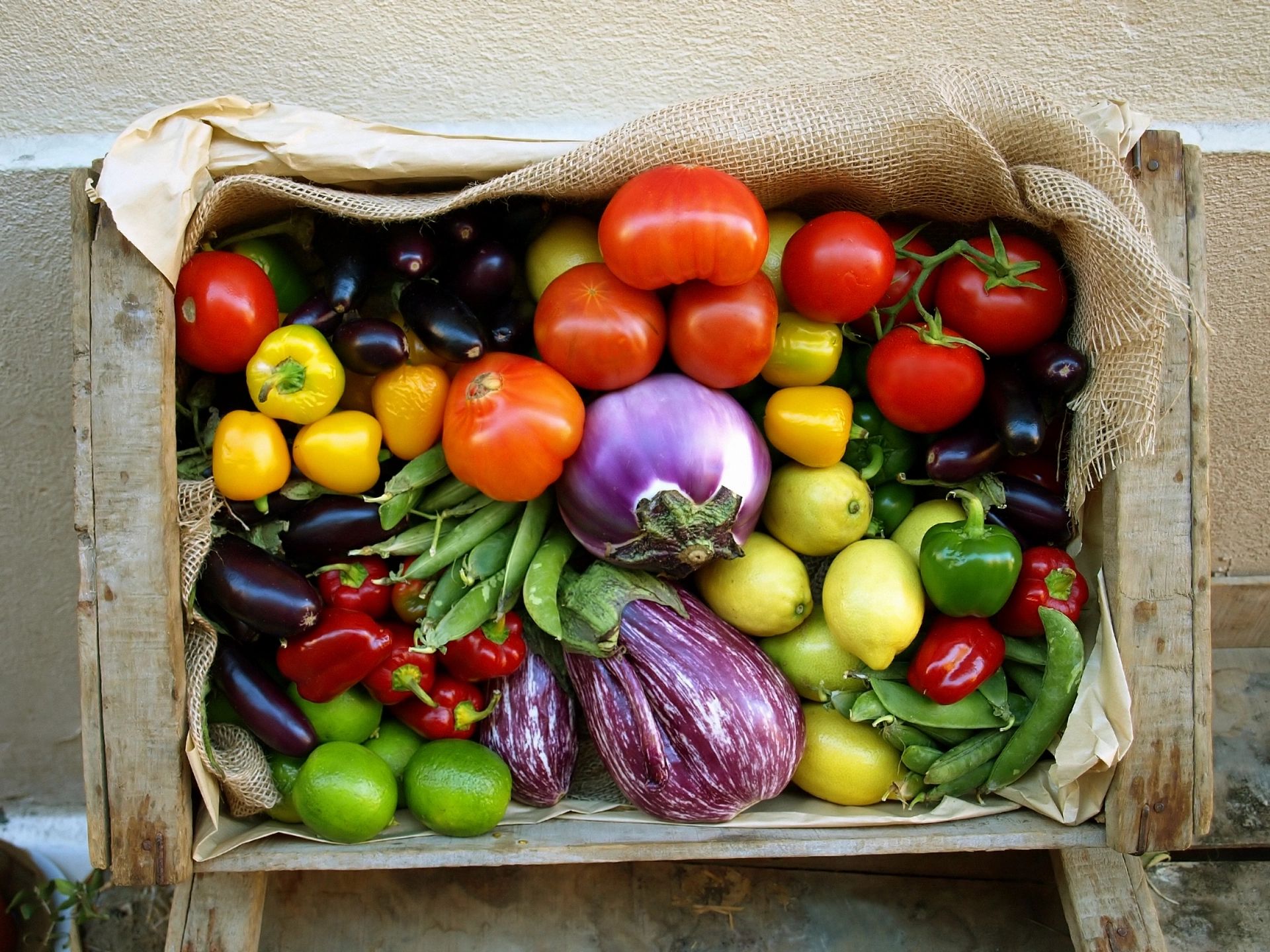Introduction
In an era where sustainability and financial growth are increasingly intertwined, agricultural real estate emerges as a compelling investment avenue. This sector not only promises robust financial returns but also aligns with eco-conscious values, offering a harmonious blend of profitability and environmental responsibility. Platforms like Gro.Estate are at the forefront, providing investors with opportunities to participate in this green revolution.
The Growing Appeal of Agricultural Real Estate
Tangible Asset with Intrinsic Value
Agricultural land is a finite resource with inherent value. Unlike other real estate sectors that may fluctuate with market trends, farmland maintains its worth due to the perpetual demand for food and agricultural products. This intrinsic value provides a stable foundation for long-term wealth accumulation.
Hedge Against Inflation
Historically, farmland has demonstrated resilience against inflation. As the cost of living rises, so does the value of agricultural produce, leading to increased land valuations and rental incomes. This characteristic makes agricultural real estate a strategic component in diversifying investment portfolios.
Diversification Benefits
Investing in farmland offers diversification advantages, as its performance often exhibits low correlation with traditional asset classes like stocks and bonds. This means that during periods of market volatility, agricultural real estate can provide a stabilizing effect on an investor’s portfolio.
Sustainable Agriculture: A Path to Eco-Friendly Investing
Environmental Stewardship
Sustainable agricultural practices focus on preserving soil health, conserving water, and reducing chemical inputs. Investing in farmland that employs these methods supports environmental conservation and promotes biodiversity. Such investments not only yield financial returns but also contribute positively to the planet’s health.
Meeting Global Food Demand
With the global population projected to reach 9.7 billion by 2050, the demand for food is set to increase substantially. Investing in productive agricultural land positions investors to benefit from this growing need, ensuring both profitability and contribution to global food security.
Gro.Estate: Bridging Investment and Sustainability
Gro.Estate is a platform designed for investors seeking to align their financial goals with environmental values. By facilitating investments in sustainable agricultural real estate, Gro.Estate offers a pathway to participate in the burgeoning field of eco-friendly investing.
Accessible Investment Opportunities
Gro.Estate democratizes access to agricultural real estate investments, allowing individuals to invest in farmland without the need for substantial capital or direct management responsibilities. This accessibility opens the door for a broader range of investors to engage in sustainable wealth building.
Commitment to Sustainability
The platform emphasizes investments in farms that implement sustainable practices, ensuring that investor capital contributes to environmentally responsible agriculture. This commitment aligns with the values of eco-conscious investors aiming to make a positive impact.
Financial Performance and Returns
Competitive Returns
Farmland investments have historically provided competitive returns, often outperforming other real estate sectors. The combination of land appreciation and income from agricultural production contributes to this strong performance.
Resilience During Economic Downturns
Agricultural real estate has shown resilience during economic downturns, maintaining value and generating income even when other asset classes experience declines. This stability makes it an attractive option for risk-averse investors.
Challenges and Considerations
Market Knowledge
Successful investment in agricultural real estate requires an understanding of local markets, soil quality, climate conditions, and crop viability. Partnering with platforms like Gro.Estate can provide the necessary expertise to navigate these factors effectively.
Regulatory Environment
Investors must be aware of zoning laws, water rights, and environmental regulations that can impact agricultural operations. Staying informed and compliant is crucial to ensure the long-term success of the investment.
Conclusion
Investing in agricultural real estate represents a forward-thinking approach to building sustainable wealth. It offers a unique combination of financial returns, portfolio diversification, and environmental stewardship. Platforms like Gro.Estate are instrumental in connecting eco-conscious investors with opportunities in this sector, facilitating investments that are both profitable and aligned with sustainable values. As the global focus shifts towards sustainability, agricultural real estate stands out as a prudent and impactful investment choice.
References
- Wikipedia. (n.d.). Local food. https://en.wikipedia.org/wiki/Local_food
- UNH Extension. (2022). The health benefits of eating locally. https://extension.unh.edu/blog/2022/05/health-benefits-eating-locally
- Vertical Field. (n.d.). Five reasons that local produce is healthier. https://www.verticalfield.com/five-reasons-that-local-produce-is-healthier
- Time Magazine. (2019). Pesticide exposure and autism. https://time.com/5555300/pesticide-exposure-autism
- PMC. (2023). Pesticides and non-communicable disease risk. https://www.ncbi.nlm.nih.gov/pmc/articles/PMC11664077


